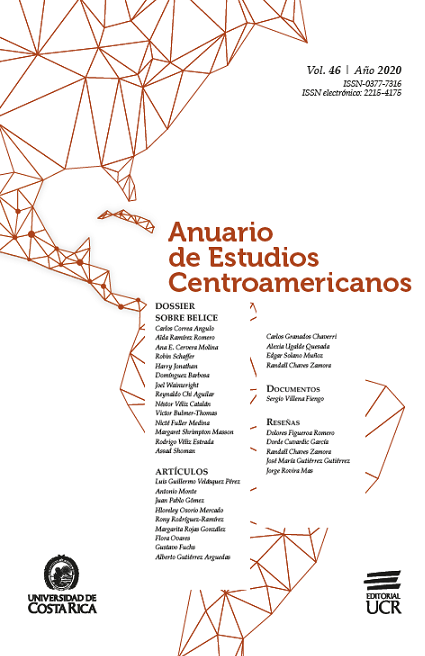Abstract
In recent decades an imaginary has been constructed, that represents Costa Rica as a “green” country, exemplary in environmental management. This imaginary has not only provided a strong visibility at the international level, but also constitutes an axis around which Costa Rican nationalism has been reinvented and reconfigured, in a certain way, continuing the traditional nationalist discourse, which represents the country as being “exceptional” in many respects. The article presents a critical reading of the construction processes of Costa Rican nationalism/exceptionalism, its transformations and continuities, from a perspective that articulates historical geography and political ecology analysis. It is argued that the idea of the frontier is key for understanding nation building in Costa Rica, and that the depletion of the agricultural colonization frontier, towards the middle of the 20th Century, may be a factor that explains the “greening” of Costa Rican nationalism.


